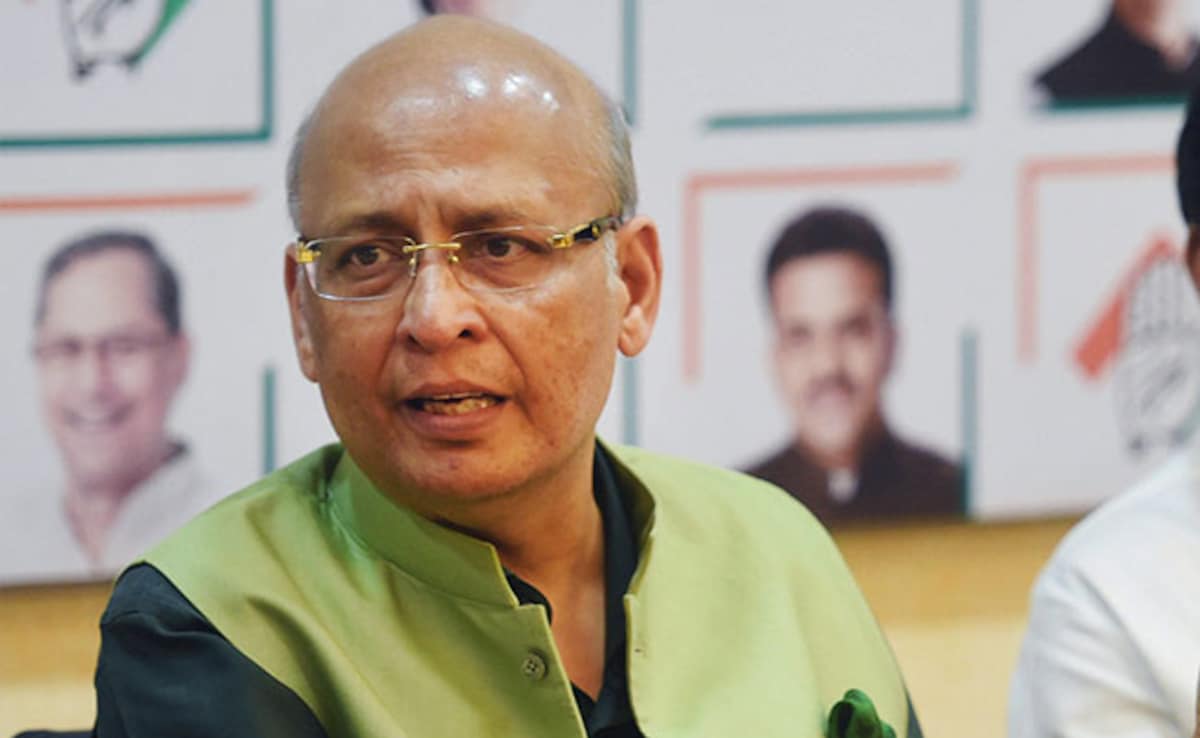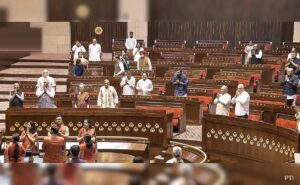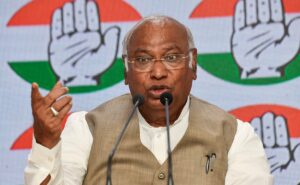
New Delhi:
Rajya Sabha MP Abhishek Manu Singhvi said on Friday that if the Waqf Amendment Bill 2025 is challenged, the judiciary can declare it “unconstitutional”.
Abhishek Manu Singhvi said, “They have misused the majority and the bill has been imposed. If the bill is challenged, there is a big opportunity that the judiciary will declare it unconstitutional.”
DMK MP MM Abdullah said it is a “black day” for democracy and for minorities.
“We have shown our solidarity and our strength. The Chief Minister (MK Stalin) has already announced that he will transfer it to the court,” said Mr. Abdullah.
SP MP Ramji Lal Suman said, “The bill has been passed because the government had the number … his intention is not correct …”
The Parliament passed the Waqf Amendment Bill 2025 in the early hours of Friday after a marathon and hot debate.
Rajya Sabha president Jagdeep Dhikar said, “Ayes 128 and noz 95, absent zero. The bill has been passed.”
The Muslim Waqf (Relations) Bill, 2024 ‘has also been passed in Parliament. The House sat beyond midnight to pass the law.
Union Minority Affairs Minister Kiren Rijiju accused the opposition parties of trying to mislead people on the Waqf Amendment Bill and said that it would benefit crores of people of the Muslim community.
Responding to a long debate over the bill over the bill in the Rajya Sabha, Rijiju said that several suggestions made by the Joint Parliamentary Committee were included in the revised bill.
The Lok Sabha, which discussed the Waqf (Amendment) bill on Wednesday, passed it at midnight after a marathon debate.
Shri Rijiju said that Waqf (Amendment) Bill, 2025, will be renamed as UMED (Integrated WAQF management empowerment efficiency and development) bill.
The government introduced the revised bill after including the recommendations of the Joint Parliamentary Committee, which investigated the law presented in August last year. Bill wants to amend the 1995 Act and improve the administration and management of Waqf properties in India.
The aim of the bill is to remove the shortcomings of the previous Act and increase the efficiency of Waqf boards, improve registration process and increase the role of technology in managing Waqf records.
(Except for the headline, the story has not been edited by NDTV employees and is published by a syndicated feed.)



